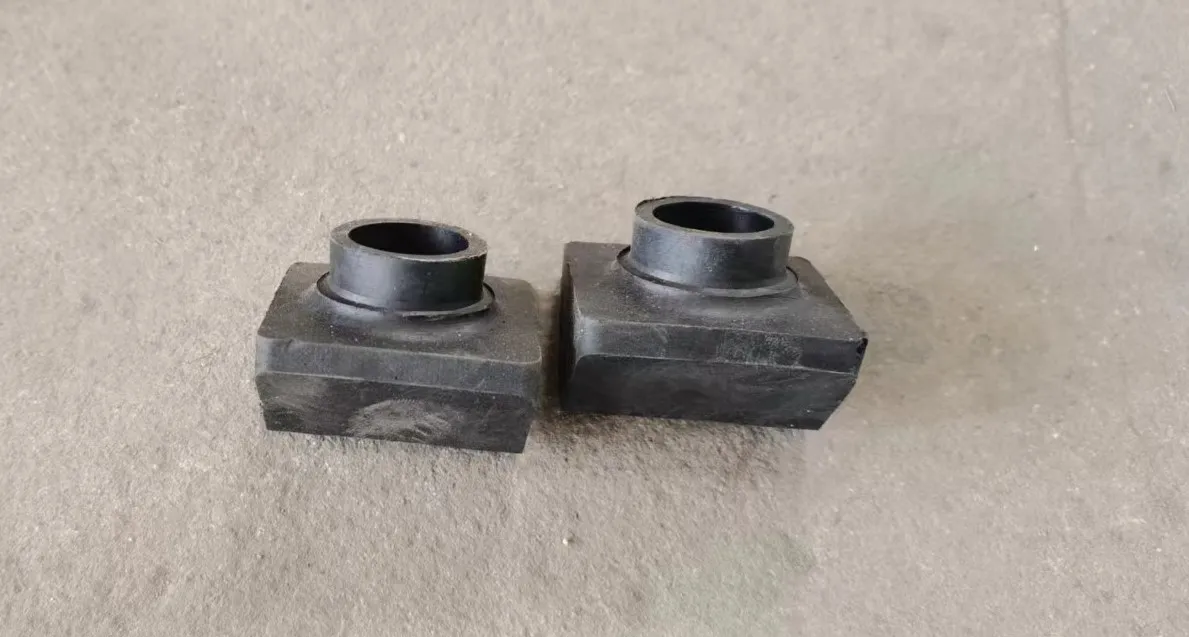loading...
- No. 9, Xingyuan South Street, Dongwaihuan Road, Zaoqiang County, Hengshui, Hebei, China
- admin@zjcomposites.com
- +86 15097380338
- Welcome to visit our website!
FRP Bridge Deck Panels - Lightweight, Durable, and Innovative Solutions
Fiber Reinforced Polymer (FRP) bridge deck panels have emerged as a revolutionary solution in the field of civil engineering and infrastructure development. Their unique properties, such as high strength-to-weight ratio, corrosion resistance, and ease of installation, make them an attractive alternative to traditional materials like concrete and steel.
.
Corrosion resistance is another standout feature of FRP materials. Traditional bridge decks made of steel and concrete are susceptible to damage from environmental factors, such as moisture, chemicals, and de-icing salts, leading to costly repairs and maintenance. In contrast, FRP panels do not suffer from corrosion, making them a long-lasting solution for bridge applications. This durability ensures that bridges can withstand harsh weather conditions and heavy traffic loads without frequent interventions.
frp bridge deck panels

Moreover, FRP panels can significantly enhance the overall performance of a bridge. Their design flexibility allows for the incorporation of various shapes and sizes, providing engineers with the freedom to innovate in bridge design. FRP materials can also be tailored to meet specific load requirements, offering versatility not often found with traditional materials. This adaptability makes FRP an excellent choice for a wide range of bridge types, from pedestrian pathways to heavy vehicular traffic structures.
The environmental impact of using FRP bridge deck panels is also noteworthy. Their production typically involves less energy than that of conventional materials, contributing to reduced carbon footprints during construction. Additionally, their longevity means that fewer resources are expended on repairs and replacements over time.
In conclusion, the application of Fiber Reinforced Polymer bridge deck panels presents a host of benefits that position them as a forward-thinking choice for modern infrastructure. Their lightweight and corrosion-resistant properties, combined with design flexibility and reduced environmental impact, make FRP panels an ideal solution for enhancing bridge performance and sustainability. As the construction industry continues to evolve, the adoption of innovative materials like FRP will play a crucial role in shaping the future of bridge engineering.
-
Transform Your Spaces with FRP Grating SolutionsNewsNov.04,2024
-
The Versatility and Strength of FRP RodsNewsNov.04,2024
-
The Excellence of Fiberglass Water TanksNewsNov.04,2024
-
The Benefits of FRP Grating for Your ProjectsNewsNov.04,2024
-
Elevate Your Efficiency with FRP Pressure VesselsNewsNov.04,2024
-
Welcome to the World of FRP Pressure VesselsNewsOct.12,2024
-
Unveiling the Future of Filtration: Why FRP Filter Vessels are a Game ChangerNewsOct.12,2024
